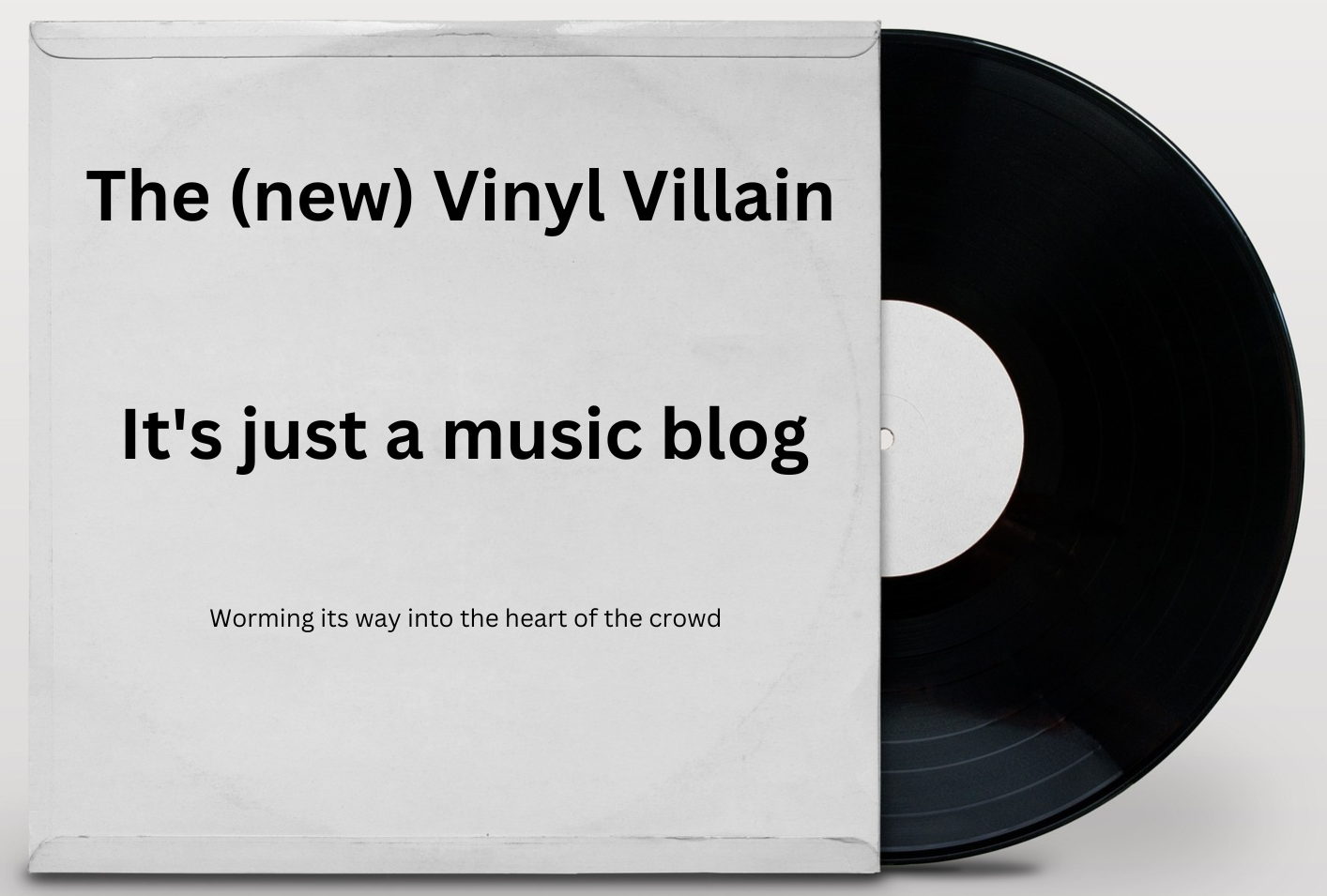
Here’s a re-post from May 2015.
Interpol are a very successful band from New York City, but there is a little-known Glasgow connection that helped set them on their way….
They formed in 1997 with an original line-up consisting of Paul Banks (vocals/guitar), Daniel Kessler (guitar/vocals), Carlos Dengler (bass guitar/keyboards) and Greg Drudy (drums/percussion). This version of the band only released one EP, which was entitled FukdID#3. It was released in 2000 with just 1000 copies pressed on Chemikal Underground Records which had just a few years previously been set up in Glasgow by the members of The Delgados. If you want to get your hands on that rare piece of plastic, expect to pay at least £50 for the CD and a lot more for the vinyl.
Drudy left the band shortly after the Chem EP and was replaced by Sam Fogarino. This particular four-piece proved to be one of the outstanding new bands in the first decade of the new millennium, with four critically acclaimed albums as well as countless sold-out shows on both sides of the Atlantic.
Carlos Denglar was regarded by many as being central to the band’s success in terms of his look, appearance and his bass playing, so it was a shock to when his departure was announced in 2010 shortly after the completion of work on the band’s fourth album. While the record itself was well received, the live shows on the tour at which it was being promoted came in for a bit of stick, and it was no surprise that the remaining band members decided to call a time-out on Interpol and pursue a range of alternative and solo projects.
The two-year rest certainly worked a treat as the band got working together again in 2014 and released their first new album in more than four years to huge acclaim.
I don’t own everything by Interpol, but what I do have I remain very appreciative of, including this #19 single from April 2005:-
mp3 : Interpol – C’mere
mp3 : Interpol – Public Pervert (Carlos D remix)
mp3 : Interpol – Fog vs Mould for The Length Of Love
The first of the b-sides is Dengler’s distinctive remix of a track from the LP Antics while the latter is a remix, again of a track from Antics, by Fogarino ably assisted by Bob Mould.
I’ve since learned that C’Mere was also release on 2 x 7″ singles as well as this CD version, with b-sides which were remixes of two other tracks from Antics.



